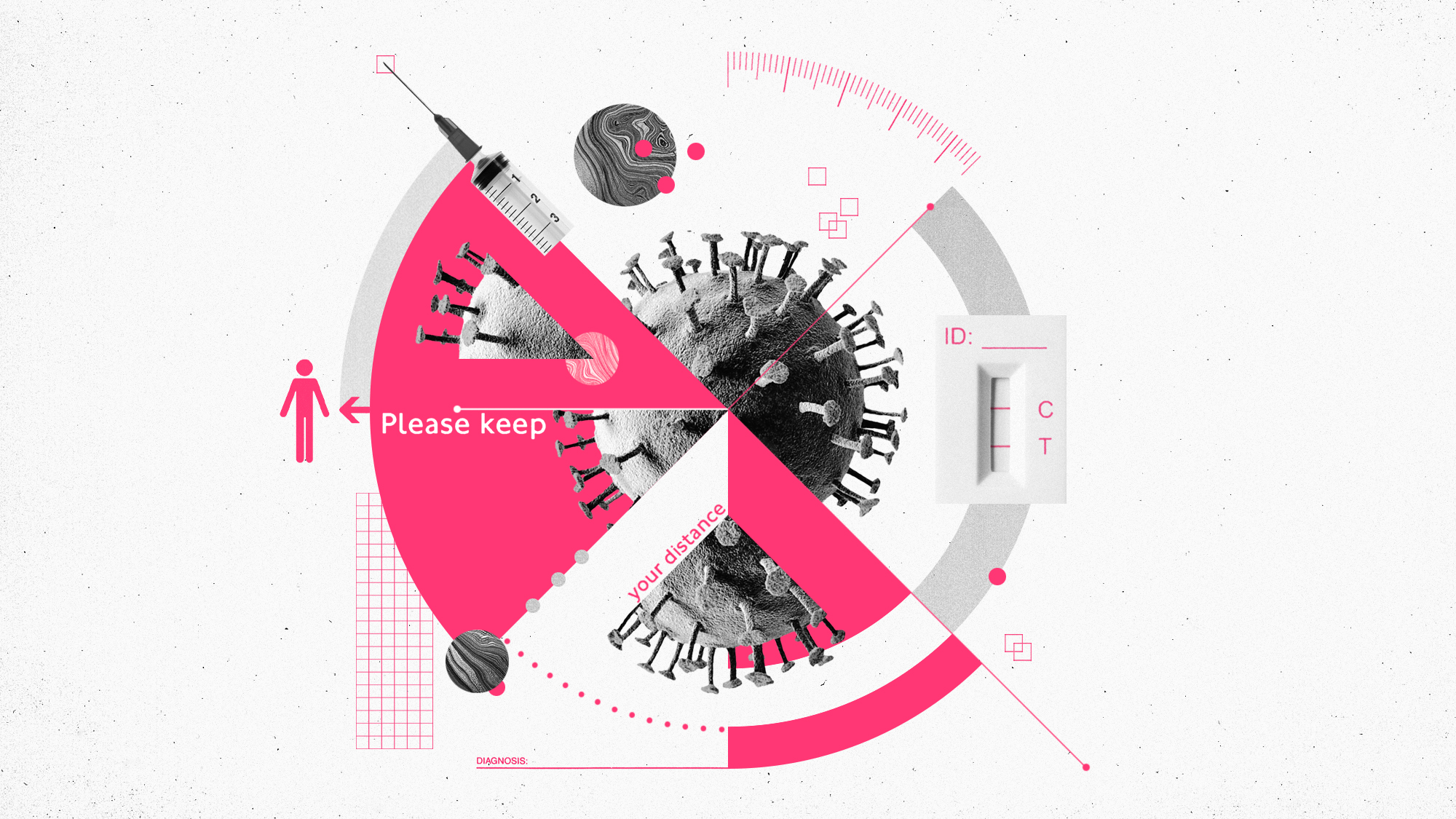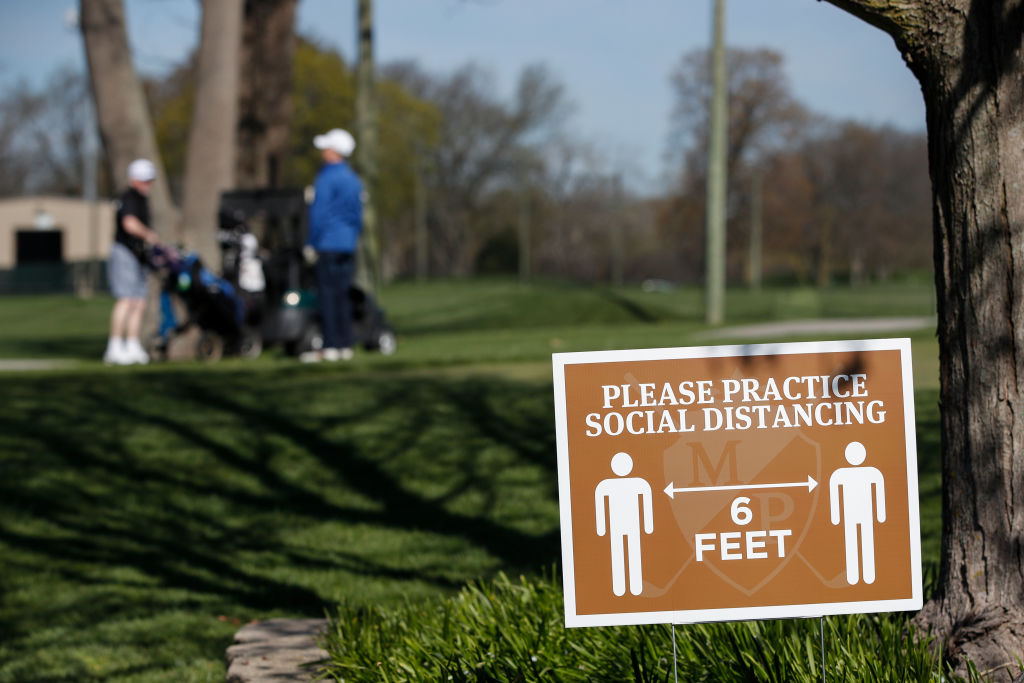Why some people remember dreams and others don't
Age, attitude and weather all play a part in dream recall

A free daily email with the biggest news stories of the day – and the best features from TheWeek.com
You are now subscribed
Your newsletter sign-up was successful
In "Joseph and the Amazing Technicolor Dreamcoat", Joseph recalls his dreams in extraordinary (musical) detail, but many of us wake up each morning to find not a single dream memory will do.
Now, scientists have discovered a string of factors that influence whether we remember our dreams or not – so we can all be more Joseph.
Positive attitude, wandering mind
Interest in dreams, and our memories of them, rose during the Covid pandemic, when, according to a large multinational study, some people, particularly women, said they were able to recall their dreams more frequently. The researchers at the time attributed this to stress, anxiety and 'the emotional intensity of the pandemic'.
The Week
Escape your echo chamber. Get the facts behind the news, plus analysis from multiple perspectives.

Sign up for The Week's Free Newsletters
From our morning news briefing to a weekly Good News Newsletter, get the best of The Week delivered directly to your inbox.
From our morning news briefing to a weekly Good News Newsletter, get the best of The Week delivered directly to your inbox.
But now a new study, conducted between 2020 and 2024, has zeroed in what makes it more likely that you'll recall a dream.
Scientists from IMT School for Advanced Studies Lucca in Italy, gave each of their 204 male and female volunteers a sleep-monitoring wristwatch that detects sleep duration, efficiency, and disturbances. They also issued them each with a voice recorder, and asked them to record, right after waking each morning, everything that was going though their mind and everything they remembered from before waking up.
The results, published in Communications Psychology, suggest that the people most likely to remember their dreams have a positive attitude about dreams and a tendency to let their mind wander during waking hours.
Dream recall also increases in spring and autumn, and after a long night's sleep that includes only a short spell of deep sleep. Younger people tend to remember dreams more, while older people are more likely to experience "white dreams" – where you remember having a dream the night before but can't recall any specific details.
A free daily email with the biggest news stories of the day – and the best features from TheWeek.com
These findings "suggest that dream recall is not just a matter of chance but a reflection of how personal attitudes, cognitive traits, and sleep dynamics interact", said psychology professor Giulio Bernardi, one of the study's authors.
Wake slowly
If you want to get better at remembering your dreams, "don't rush to start the day", said BBC Science Focus. Instead, "wake slowly" and, before you do anything else, "think about whether you've been dreaming and what you dreamt about".
Keeping a sleep diary can also help. According to a study in The Journal of Creative Behavior, participants who record dreams in a daily log remember more detail about their dreams than those who don't.
Chas Newkey-Burden has been part of The Week Digital team for more than a decade and a journalist for 25 years, starting out on the irreverent football weekly 90 Minutes, before moving to lifestyle magazines Loaded and Attitude. He was a columnist for The Big Issue and landed a world exclusive with David Beckham that became the weekly magazine’s bestselling issue. He now writes regularly for The Guardian, The Telegraph, The Independent, Metro, FourFourTwo and the i new site. He is also the author of a number of non-fiction books.
-
 6 of the world’s most accessible destinations
6 of the world’s most accessible destinationsThe Week Recommends Experience all of Berlin, Singapore and Sydney
-
 How the FCC’s ‘equal time’ rule works
How the FCC’s ‘equal time’ rule worksIn the Spotlight The law is at the heart of the Colbert-CBS conflict
-
 What is the endgame in the DHS shutdown?
What is the endgame in the DHS shutdown?Today’s Big Question Democrats want to rein in ICE’s immigration crackdown
-
 What does Covid look like in 2024?
What does Covid look like in 2024?Today's Big Question Disease experts are calling for closer monitoring as new variant fuels rise in infections
-
 New study suggests hitting the snooze button may be no bad thing
New study suggests hitting the snooze button may be no bad thingSpeed Read People who delay getting up perform better in some cognitive tests, research finds
-
 Even New York City rats can get COVID, study finds
Even New York City rats can get COVID, study findsSpeed Read
-
 COVID 'lab leak' theory: Does the DOE's assessment hold water?
COVID 'lab leak' theory: Does the DOE's assessment hold water?Instant Opinion The sharpest opinions on the debate from around the web
-
 WHO chief says COVID's end is 'in sight'
WHO chief says COVID's end is 'in sight'Speed Read
-
 COVID elevates risk of neurological issues, study suggests
COVID elevates risk of neurological issues, study suggestsSpeed Read
-
 CDC relaxes COVID-19 guidelines on quarantines, social distancing
CDC relaxes COVID-19 guidelines on quarantines, social distancingSpeed Read
-
 FDA restricts Johnson & Johnson COVID vaccine due to blood clot risk
FDA restricts Johnson & Johnson COVID vaccine due to blood clot riskSpeed Read